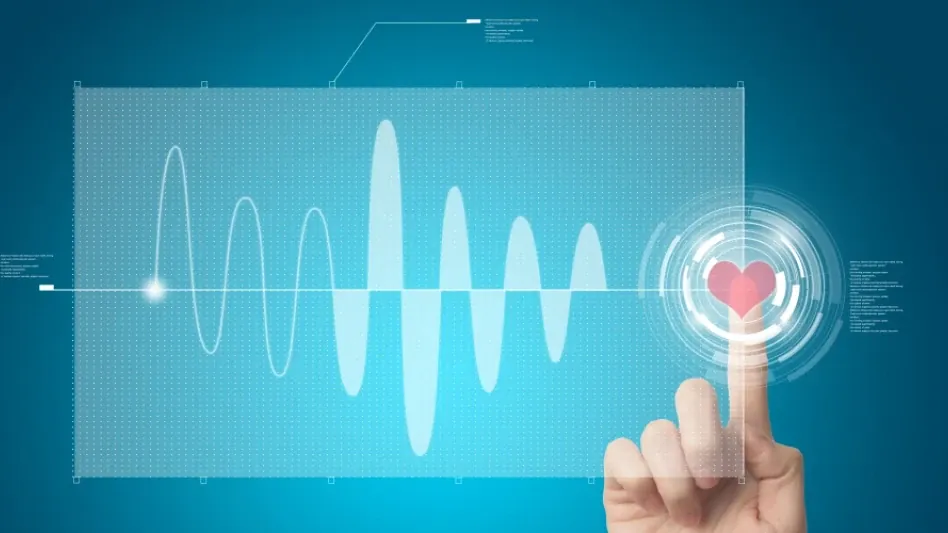In an era marked by rapid technological advancements, the healthcare industry is witnessing a significant transformation spurred by data science, providing enhanced insights and unparalleled efficiency. Over the past decade, data science has become instrumental in reshaping patient care, boosting operational efficiency, and propelling medical research forward at unprecedented speeds. Data science enables healthcare providers to process vast amounts of data from different sources, including patient records, physician notes, lab reports, and medical imaging, which were historically underused due to technological and expertise limitations. The ability to analyze this previously untapped wealth of information is revolutionizing the healthcare landscape, opening doors to improved healthcare outcomes and substantial operational cost savings.
Advanced Data Analytics in Healthcare
One of the major applications of data science in healthcare is processing and analyzing massive troves of health data to derive actionable insights. Historically, 80% of healthcare data has been unstructured in nature, making it challenging for efficient usage. However, advancements in machine learning models and predictive analytics have transformed this data into meaningful insights. Through meticulous analysis of patient records, lab reports, and medical imaging, healthcare providers can identify trends, detect disease patterns, and develop effective treatment plans. For instance, analyzing data from numerous patients reveals patterns that could predict disease outbreaks or identify the most effective treatments for specific conditions.
Predictive analytics plays a crucial role in this paradigm shift. By evaluating historical patient data, predictive models can forecast future health issues and enable early intervention, thus preventing complications and reducing the burden on healthcare systems. This aspect not only enhances the quality of patient care but is also cost-effective, potentially saving billions in healthcare expenditures annually. For example, predictive models can distinguish high-risk patients for chronic diseases like diabetes or heart disease, facilitating earlier interventions and preventing hospital readmissions. The potential to save up to $20 billion annually through such predictive analytics underlines its importance in contemporary healthcare.
Impact of Real-Time Data and Wearable Devices
The rise of wearable devices producing real-time health data represents another significant advancement in healthcare. These devices enable continuous monitoring of patients, allowing healthcare providers to detect potential health risks and intervene in a timely manner. Such real-time data is invaluable for the burgeoning field of personalized medicine, which tailors treatments to the specific needs of individual patients. By continuously monitoring physiological parameters, such as heart rate and blood oxygen levels, wearable devices allow for more precise and adaptive treatment plans, enhancing patient outcomes.
Moreover, data from wearable devices facilitates preventive healthcare by identifying potential health issues before they become critical. This proactive approach not only improves patient health outcomes but also alleviates pressure on healthcare systems by reducing the need for emergency interventions and hospital admissions. Continuous health monitoring through wearable technology paves the way for a more connected and responsive healthcare system, enabling a shift toward more personalized and efficient patient care.
Boosting Operational Efficiency in Healthcare
Operational efficiency within healthcare institutions is dramatically enhanced through data science techniques. By analyzing operational data, healthcare administrators can optimize a range of processes from staffing schedules and patient flow to resource allocation. These improvements lead to reduced patient waiting times and better allocation of hospital resources, ultimately enhancing the efficiency and effectiveness of healthcare delivery. For instance, analyzing patterns from clinical operations can help administrators pinpoint areas for improvement and streamline workflows to minimize inefficiencies.
Additionally, predictive analytics helps anticipate patient admissions, enabling hospitals to prepare adequately and distribute resources more effectively. This capability was particularly highlighted during the COVID-19 pandemic when the swift adaptation of data-driven techniques accelerated vaccine development and approval processes. The ability to predict patient needs and optimize operations has undoubtedly bolstered healthcare institutions’ capacity to deliver superior care even under the stress of a global health crisis.
Challenges and Future Considerations of Data Science in Healthcare
Despite these advancements, the integration of data science in healthcare also presents several challenges. Ensuring data privacy and security is paramount, as the handling of sensitive patient information necessitates robust measures to prevent breaches. Additionally, the significant initial investments required for data infrastructure and the ongoing maintenance costs can be a barrier for many healthcare providers. The need for specialized skills to analyze and interpret complex data sets also underscores the importance of continuous training and education for healthcare professionals.
Moving forward, the successful implementation of data science in healthcare relies on addressing these challenges and fostering collaboration between technology experts and healthcare practitioners. By leveraging the power of data science, the healthcare industry can continue to evolve, leading to better patient outcomes, more efficient operations, and significant advancements in medical research. The potential for data science to transform healthcare is vast, and its continued application promises a future of improved health and well-being for individuals worldwide.









